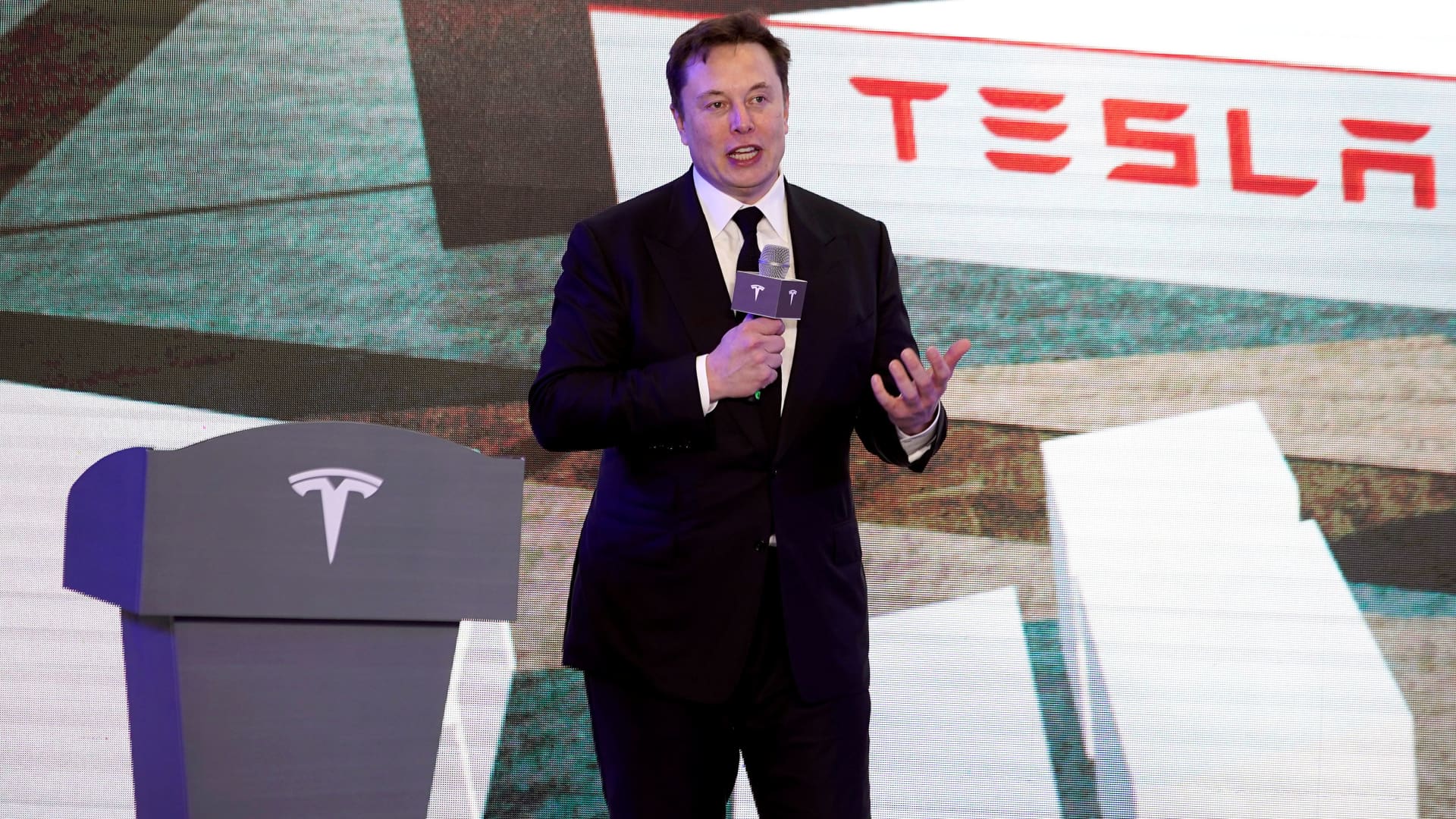Tesla Tightens the Reins: Legal Restrictions Spark Investor Concerns
Tesla has quietly implemented sweeping legal changes that restrict shareholders’ ability to sue the company for fiduciary duty violations. The electric vehicle maker amended its corporate bylaws in late 2023 to require all investor lawsuits to be filed exclusively in Texas courts, a move legal experts say could shield executives from accountability. This controversial decision comes as Tesla faces mounting scrutiny over corporate governance and Elon Musk’s divided attention between multiple high-profile ventures.
Understanding Tesla’s New Legal Landscape
The bylaw changes, filed with the Securities and Exchange Commission on December 1, 2023, mandate that “unless the company consents in writing to the selection of an alternative forum, the sole and exclusive forum” for investor litigation must be Texas. Legal analysts note this creates three significant hurdles for shareholders:
- Geographic limitation: Plaintiffs must file in Tesla’s new corporate home state
- Procedural advantage: Texas courts are perceived as more business-friendly
- Financial burden: Small investors may struggle with cross-country litigation costs
“This is a classic example of a corporate ‘forum selection clause,’ but Tesla’s version is particularly aggressive,” explains corporate governance professor Emily Chen of Stanford Law School. “They’re not just preferring Texas courts—they’re attempting to eliminate all other options.”
Recent research from the Harvard Law School Forum on Corporate Governance reveals that:
- Shareholder derivative suits increased 23% year-over-year in 2023
- Technology companies faced 38% of all fiduciary duty claims
- Cases filed in Delaware (Tesla’s former incorporation state) averaged 18-month resolution timelines versus 28 months in Texas
Tesla’s move follows similar actions by 17 Fortune 500 companies since 2020, though legal experts contend the EV maker’s provisions are among the most restrictive. The timing coincides with several pending lawsuits against Tesla directors regarding Musk’s $56 billion compensation package and allegations of distracted leadership.
Investor Reactions and Market Implications
Institutional investors have expressed mixed reactions to Tesla’s legal maneuvering. While some applaud the potential to reduce frivolous lawsuits, others warn of eroded shareholder protections.
“This creates an uneven playing field,” argues Michael Yoshikami, CEO of Destination Wealth Management. “When you make it prohibitively difficult for shareholders to challenge questionable decisions, you’re essentially giving management carte blanche.”
Market data shows intriguing patterns since the change:
- Tesla’s stock volatility increased 12% in the month following the bylaw amendment
- Short interest rose to 3.2% of float, up from 2.7% in November
- Institutional ownership dipped slightly from 44% to 42%
Legal Experts Weigh In on Potential Challenges
Constitutional law specialists debate whether Tesla’s restrictions could withstand judicial scrutiny. The Delaware Supreme Court struck down similar provisions in 2022, ruling they “unduly burden shareholders’ statutory rights.” However, Texas has no such precedent.
“There’s a strong argument these bylaws violate the Securities Exchange Act’s anti-waiver provisions,” notes securities attorney David Rosenfeld. “But until someone mounts a challenge—which Tesla has now made more difficult—we won’t know for certain.”
The company’s legal team appears confident in their position, citing Texas Business Organizations Code provisions allowing forum selection clauses. Tesla’s general counsel previously defended similar measures at other companies, suggesting this reflects a deliberate strategy rather than an impulsive decision.
What Tesla Investors Should Consider Moving Forward
For shareholders concerned about these developments, governance experts recommend several proactive steps:
- Review proxy statements for upcoming votes on governance changes
- Monitor institutional investor responses through filings and public statements
- Consider joining shareholder associations that can pool legal resources
- Assess whether Tesla’s risk/reward profile aligns with personal investment thresholds
The long-term implications may extend beyond Tesla. If courts uphold these restrictions, legal analysts predict a wave of similar corporate bylaw changes across industries—potentially reshaping shareholder rights for decades to come.
As the situation develops, investors should stay informed through SEC filings and reputable financial news sources. Those with significant positions might consult securities attorneys to understand their diminished recourse options. One thing appears certain: Tesla’s latest move ensures the debate over corporate accountability will remain charged well into 2024.
See more Business Focus Insider Team

